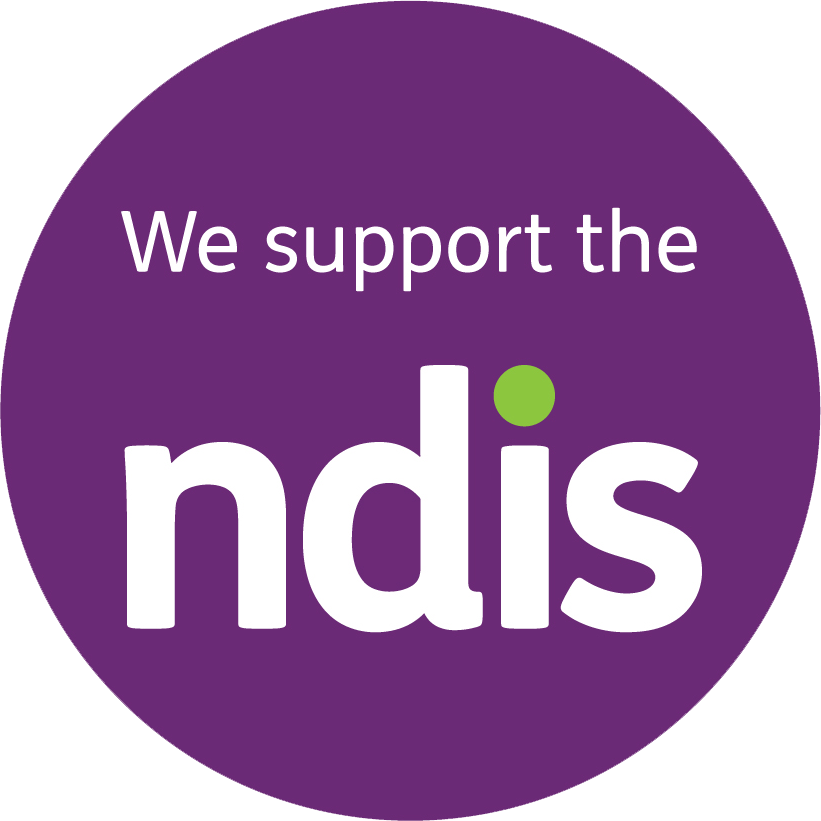Living with persistent pain can be a daunting and challenging journey. Whether it stems from a chronic condition, injury, or an unknown cause, the daily impact can be physically, emotionally, and mentally exhausting. While it may seem overwhelming, there are strategies and techniques that can empower individuals to better manage and cope with persistent pain.
Educate Yourself
Knowledge is power when it comes to persistent pain. Educate yourself about your condition or the causes of your pain. Understanding the underlying mechanisms, triggers, and treatment options can help you make informed decisions and communicate effectively with healthcare professionals.
Develop a Support Network
Building a strong support network is crucial when dealing with persistent pain. Surround yourself with understanding and empathetic individuals who can provide emotional support and encouragement. Connect with friends, family members, support groups, or online communities where you can share your experiences, seek advice, and gain valuable insights from others who are facing similar challenges.
Practice Pain Management Techniques
Managing persistent pain requires a multifaceted approach. Explore various pain management techniques and find what works best for you. Some effective strategies include:
- Medications: Consult with your healthcare provider about appropriate pain medications that can help alleviate your symptoms. Follow their guidance and recommendations regarding dosage and usage.
- Exercise Physiology: Engage in targeted exercises, stretches, and rehabilitation programs designed to strengthen muscles, improve flexibility, and alleviate pain. A skilled exercise physiologist can guide you in developing a personalised plan.
- Alternative Therapies: Explore complementary approaches such as acupuncture, massage therapy, heat or cold therapy, and transcutaneous electrical nerve stimulation (TENS). These techniques can provide temporary relief and promote relaxation.
- Mind-Body Practices: Techniques such as meditation, deep breathing exercises, mindfulness, and yoga can help manage pain by promoting relaxation, reducing stress, and improving overall well-being.
- Cognitive-Behavioral Therapy (CBT): CBT focuses on changing negative thought patterns and behaviors associated with pain. It can equip you with coping mechanisms, stress management skills, and techniques to enhance your quality of life.
Prioritise Self-Care
Self-care is essential when living with persistent pain. Taking care of your physical, mental, and emotional well-being can positively impact pain management. Consider the following self-care practices:
- Adequate Rest: Ensure you are getting sufficient sleep and rest. Create a comfortable sleep environment, establish a consistent sleep schedule, and practice good sleep hygiene.
- Healthy Lifestyle: Adopt a balanced diet rich in nutrients, engage in regular physical activity within your capabilities, and avoid habits that can exacerbate pain, such as smoking or excessive alcohol consumption.
- Stress Reduction: Identify stress triggers and incorporate stress reduction techniques into your routine. This may include engaging in hobbies, spending time in nature, listening to music, journaling, or seeking professional counseling or therapy.
- Pacing and Activity Modification: Learn to pace yourself and distribute activities throughout the day to avoid overexertion. Modify tasks or use assistive devices to reduce strain and prevent further injury.
Communicate with Healthcare Professionals
Establish open and honest communication with your healthcare team. Regularly update them on your pain levels, treatment effectiveness, and any concerns or questions you may have. Collaborate with them to develop a comprehensive pain management plan tailored to your needs.
You can also ask your GP for a referral into a program such as the Persistent Pain Program (PPP) run at 360 Health + Community’s office in Rockingham. PPP is coordinated by a team of clinical psychologists, exercise physiologists and dietitians to offer individual support and education to help you manage your chronic pain. The program includes monthly education sessions for six months, plus individual case management for up to 12 months.
Cultivate a Positive Mindset
Maintaining a positive mindset is crucial when navigating persistent pain. Accepting your condition, focusing on what you can control, and setting realistic expectations can help reduce stress and frustration. Engage in activities that bring you joy and cultivate a sense of purpose and fulfillment in your life.
While living with persistent pain can be challenging, it’s important to remember that there are strategies and techniques available to help you regain control over your life. By following some of the strategies mentioned above, you can navigate the path of persistence with resilience and find ways to live a fulfilling life despite the challenges. Remember, you are not alone, and with time and patience, you can discover what works best for you on your unique journey to managing persistent pain.
About 360 Health + Community’s Persistent Pain Program (PPP)
360 Health + Community’s Persistent Pain Program is coordinated by a nurse coordinator and supported by team of clinical psychologists, exercise physiologists and dietitians to offer individual support and education to help you manage your chronic pain. Our Persistent Pain Program can help with pain associated with surgery, trauma or other conditions. The program is run from our 360 Health office in Rockingham and involves monthly education sessions for six months, plus individual case management for up to 12 months.
To access the Persistent Pain Program, you will need a GP referral. If you do not have a GP, please contact us directly. Eligible participants may also be entitled to three subsidised supplementary allied health services to help with managing persistent pain. Eligibility is determined during individual appointments so contact us to find out more.





